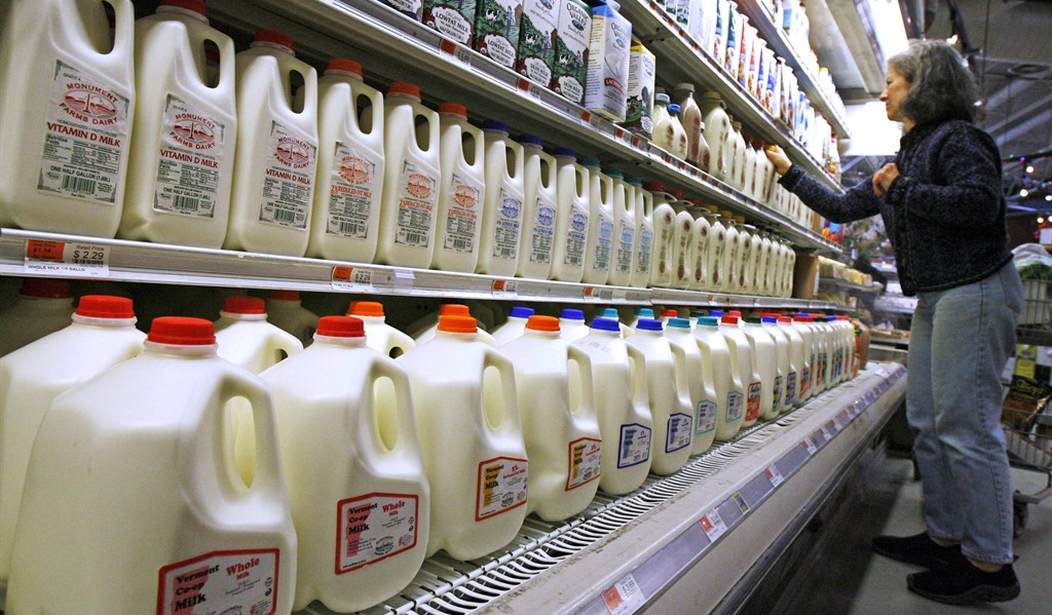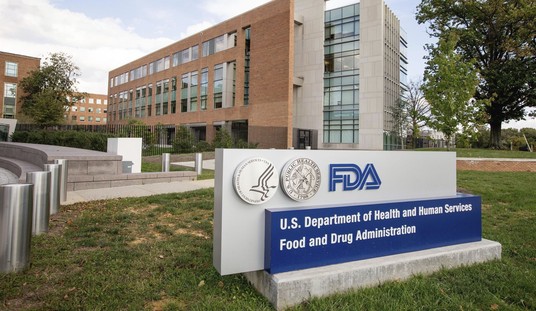Ponderosa Dairies, home to approximately 10,000 milking cows, is currently the sole remaining milk producer in Southern Nevada. But, concerns over the impacts of inflation and industry consolidation might force them out of business, especially if it means they’re unable to compete for a contract with Clark County School District (CCSD), the nation’s fifth-largest education system.
Twice daily, the cows are led to one of three milking houses where they each produce around 85 pounds of raw milk per day. The combined output of their conventional, organic, A2 milk can fill a tanker truck within an hour and a half. Thousands of gallons are shipped out every week to processing plants in North Las Vegas and California.
In April, General Manager Ed Goedhart was alarmed when his sales team informed him that Meadow Gold, the cooperative in North Las Vegas owned by Dairy Farmers of America (DFA), had impeded their upcoming school milk contract bid with CCSD. Goedhart explained in a letter to state regulators that Ponderosa was informed their product would need to be priced differently to remain competitive, resulting in a nearly 15 percent reduction in the price paid to the farm.
This setback comes at a challenging time for the dairy industry. During the COVID-19 pandemic, the sudden halt in operations led to thousands of gallons of milk that would have gone to schools being discarded in a lagoon since cows must be milked regularly to prevent them from going dry. Rising fuel costs and inflation have added to the financial burden of running the operation.
Goedhart, a former Republican state Assemblyman, said:
We’re already losing money. Now you’re going to take it from a drip, drip, drip to a spurting artery. It’s not going to have very long of a lifespan left.
The pricing of milk has been regulated since the 1930s through federal marketing orders set by the U.S. Department of Agriculture (USDA) and administered by the Nevada Department of Agriculture. These orders establish minimum prices based on the end use of milk, taking into account factors such as the shelf life of different milk products. The prices are adjusted monthly, as the regulated pricing aims to avoid volatility and significant market variations.
In Southern Nevada, it must be sold at the USDA minimum price for that month plus an additional $1.40 per hundredweight (a measurement unit equal to 100 lbs). But, dairy cooperatives have the ability to bypass these pricing regulations. Cooperatives can determine their own payment terms for producer members, allowing them to set private agreements on the price of raw milk and transportation costs.
Ponderosa Dairies, despite being part of a cooperative itself, views industry consolidation as a threat. Goedhart believes processors may use their increased control to manipulate prices or favor a dairy producer within the cooperative, even if it means transporting the milk from a greater distance. He argues that these actions disregard industry responsibility and neglect impacted producers.
Goedhart explained:
They almost dictate, at will, complete abandonment of any sense of corporate or community responsibility to how they conduct their business and forget about the casualties and who falls by the wayside.
While Ponderosa Dairies is not a small operation and is already part of a cooperative, it aims to secure the contract with the school district to maintain a sustainable local business model and reduce fuel costs associated with transporting milk to a processing plant in California, almost 300 miles away. The CCDD contract represents a significant portion, between one-third and 40 percent, of the dairy’s output. Goedhart hopes to secure the coveted contract in order to keep local production flowing. Goedhart warns, “Because once a place like this shuts down, you can’t just turn the switch back on.”













Join the conversation as a VIP Member